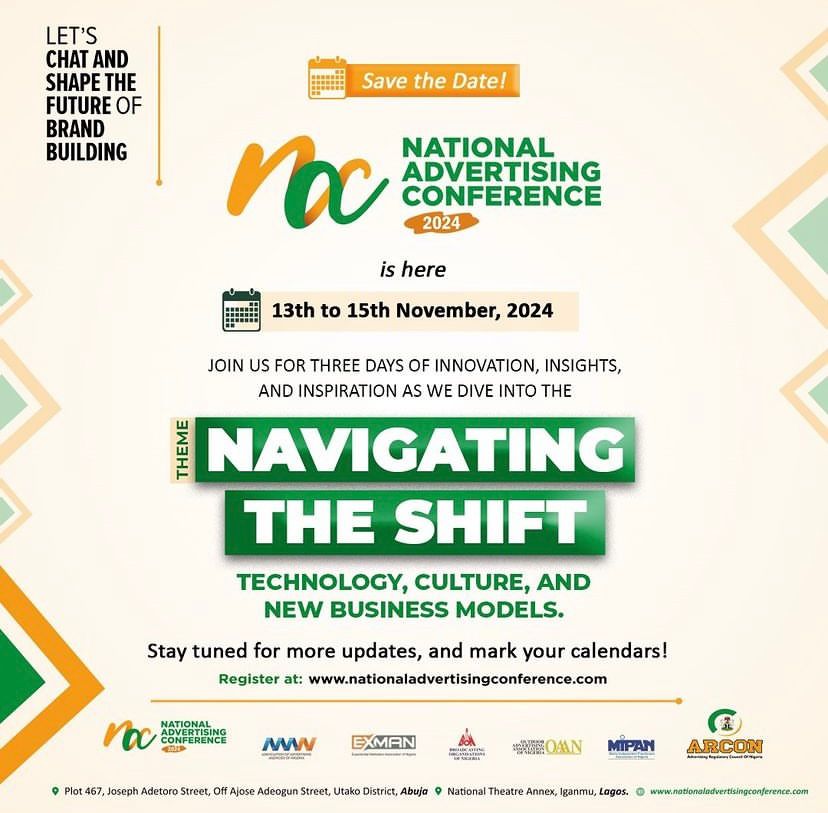From Import Woes to Market Resilience
The Nigerian breakfast cereals market is showing resilience despite fluctuations in import volumes and evolving market dynamics. In 2024, imports from top suppliers such as China, the United Kingdom, Indonesia, Metropolitan France, and South Africa fell significantly.
Between 2020 and 2024, the sector recorded a negative CAGR of -16.77%, with year-on-year import growth plunging 44.24% from 2023 to 2024. This contraction underscores the need for strategic approaches to revitalize both domestic and imported cereal consumption.
Urban Lifestyles Fueling Breakfast Demand
Urbanization, shifting lifestyles, and growing health consciousness are steadily increasing demand for breakfast cereals in Nigeria. While international brands like Kellogg’s and Nestlé remain dominant, local players are gaining traction with products tailored to Nigerian tastes.
Cornflakes and oats remain staples for convenience and nutrition, while fortified cereals with vitamins and minerals are attracting health-conscious consumers. With Nigeria’s young population, the market holds strong growth potential for innovative manufacturers.
Wellness and Variety Take Center Stage
Health and diversity are reshaping consumer preferences. Nigerian shoppers are gravitating toward cereals rich in fiber, whole grains, and low sugar. Manufacturers are responding with organic, gluten-free, and fortified options, alongside environmentally friendly packaging. The market is evolving to prioritize nutrition, innovation, and sustainability.
Hurdles on the Path to Growth
Despite opportunities, the market faces challenges. Traditional breakfast staples like yam, cassava, and rice slow adoption of packaged cereals. Economic instability, currency fluctuations, high import costs, and supply chain inefficiencies further complicate market expansion. Overcoming these barriers requires localized strategies, innovative distribution, and targeted marketing.
Innovation Unlocks Investment Potential
The market offers fertile ground for innovation, particularly in ready-to-eat and fortified cereals designed for Nigerian tastes. Partnerships with local farmers can boost sustainability and reduce import dependence.
Expanding distribution through modern retail and e-commerce channels, alongside niche offerings like organic and gluten-free products, presents opportunities for higher-margin growth.
Government Support Shapes the Market
NAFDAC regulations and initiatives like the Anchor Borrowers Program aim to ensure food safety, promote local production, and encourage nutritious consumption. Policies focused on fortified cereals and whole grains are strengthening consumer confidence while supporting market expansion.
A Bright Horizon for Cereals in Nigeria
Looking forward, rising incomes, urbanization, and demand for convenient, healthy breakfast options are set to fuel market growth. Manufacturers that embrace innovation, diversify product portfolios, and expand distribution networks are best positioned to capitalize on Nigeria’s evolving breakfast cereals landscape over the next decade.






Comment
No comments found.